The Church of England's legacy of slavery
Should the CofE offer financial redress for its involvement in the transatlantic slave trade?
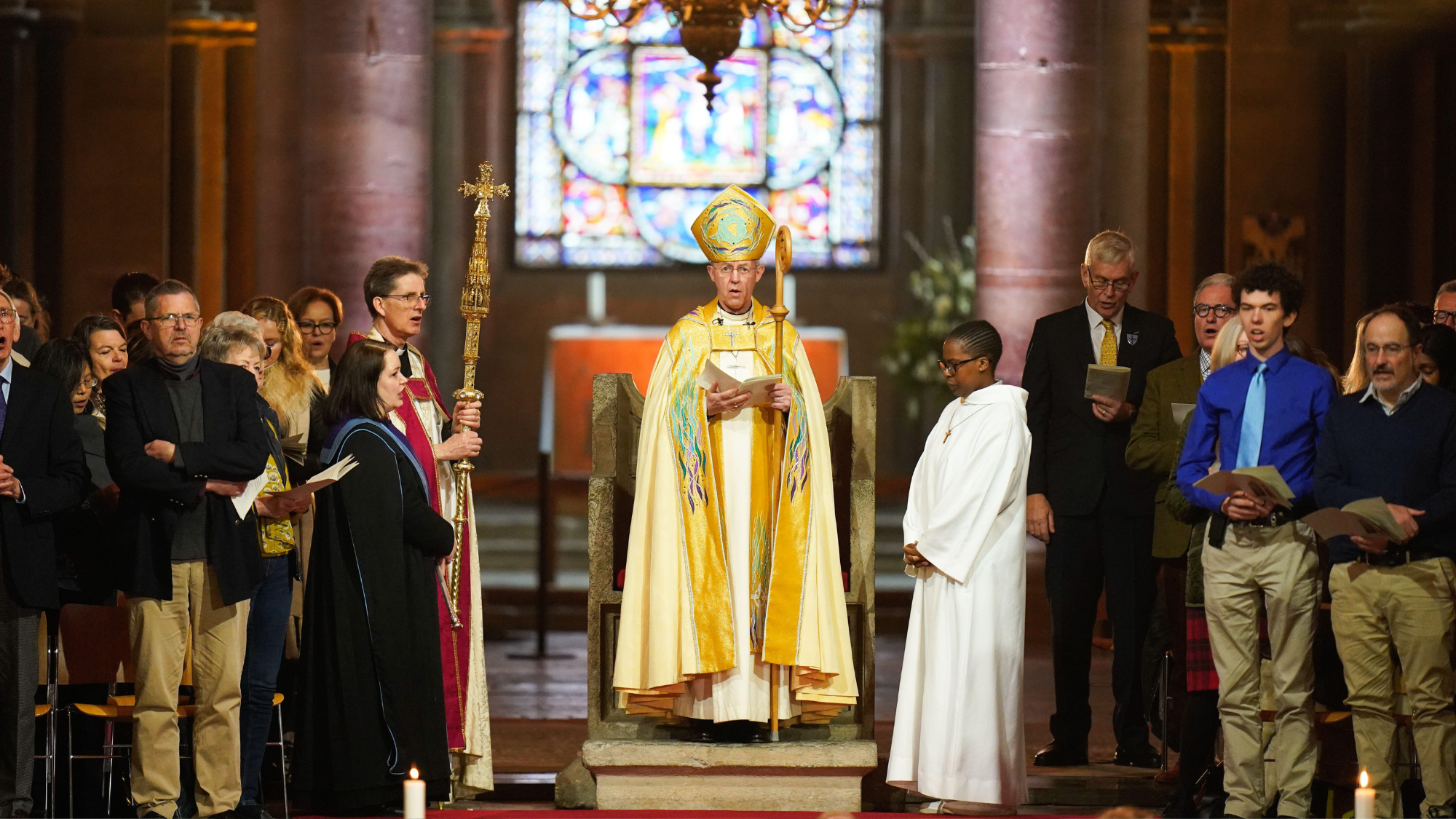
A free daily email with the biggest news stories of the day – and the best features from TheWeek.com
You are now subscribed
Your newsletter sign-up was successful
Who is proposing compensation?
The Church of England itself. The Church's interest in the issue dates back many years. In 2006, it apologised for the role that clergymen had played in the transatlantic slave trade. In 2019, the Audit and Risk Committee of the Church Commissioners (the body that administers its assets) raised questions about possible reputational damage arising from its past links to slavery, and commissioned a report by historians and forensic accountants.
This, published in 2023, found that the Church had received funds linked to African enslavement worth as much as £1bn in today's money. The Church Commissioners responded by setting aside £100m, about 10% of its total endowment, to "address past wrongs". An oversight committee was also appointed to examine how to spend the money. In March this year, it recommended that the Church raise up to £1bn for a new fund. The £100m set aside was "not enough", it said.
What were these 'past wrongs'?
The most significant is an investment scheme called Queen Anne's Bounty. It was set up in 1704, when certain ecclesiastical taxes that had previously been paid to the Crown were diverted to supplement the income of poor clergy. Funds received were invested in the South Sea Company, a government venture that had a monopoly on the trade of enslaved Africans to the Spanishheld colonies in the Americas. Between 1715 and 1739, the South Sea Company transported 34,000 enslaved people over the course of at least 96 transatlantic voyages; it also transported slaves from Caribbean islands to Spanish-held ports in mainland America. By 1739, when the South Sea Company stopped engaging in slave trading, the scheme had accumulated investments in it worth £204,000, or £443m in today's terms. Money from that fund flowed into a larger fund that is currently worth £10.3bn.
The Week
Escape your echo chamber. Get the facts behind the news, plus analysis from multiple perspectives.

Sign up for The Week's Free Newsletters
From our morning news briefing to a weekly Good News Newsletter, get the best of The Week delivered directly to your inbox.
From our morning news briefing to a weekly Good News Newsletter, get the best of The Week delivered directly to your inbox.
Were there other links to slavery?
Many. The fund also received cash and land donations from people with links to slave labour, including Edward Colston, the merchant and slave trader whose statue was toppled by Black Lives Matter protesters in Bristol in 2020. That same year, a database held by University College London found that 96 CofE clergymen had sought compensation paid to slave owners when the trade was abolished in the British empire in 1833. The Church received nearly £9,000, an estimated £900,000 in today's money, for the loss of slave labour on its Codrington Plantations in Barbados (these were owned by its missionary organisation, The Society for the Propagation of the Gospel in Foreign Parts, and slaves were branded across the chest with the word "Society"). The Bishop of Exeter and his business associates received even more in compensation.
How would the money be used?
The Church has not yet decided how to allocate the £100m it has so far committed to, but the bulk of the money is expected to be used to establish a new "social impact investment fund". This fund would give grants aimed at supporting black-led businesses and black entrepreneurs who find it harder to access capital. The Church said that the fund would enable grants to be made available for projects focused on "improving opportunities" for communities affected by the slave trade, and help pay for further research into the history of slavery. It would also be used to ensure that "best practice" can be shared with other organisations seeking to reconcile their historic links to slavery.
Are these plans controversial?
Very. The reparations movement has long attracted criticism in the US. A welter of objections have been raised, both practical and on grounds of principle: that everyone directly involved in slavery, both beneficiaries and victims, is long dead; that it is unfair to penalise people today for the wrongs of their ancestors; that loss and benefit are impossible to calculate at such historic distance; that in any case choosing people to compensate is an impossible task. In the specific case of the Church of England, it has been pointed out that, as well as profiting from the slave trade, the Church played a vital role in ending it. William Wilberforce was moved by his Anglican faith to lead the abolition movement. As Saint Paul put it in Galatians 3:28, "There is neither Jew nor Gentile, neither slave nor free, nor is there male and female, for you are all one in Christ Jesus."
How does the Church of England defend these plans?
In his Easter sermon last year, Archbishop of Canterbury Justin Welby defended the fund, which he described as not an expression of "wokery" or "postcolonial guilt", but of Christian values and Christian love. A recent report from the Church's Anti-Racism Taskforce stated that there was a clear theological case for the "reconciliation" and "redemption", and a practical one too. It noted that the CofE's "contested heritage is at odds with the Christian mission and the Church's desire to reach diverse nationalities"; more than half of the worldwide Anglican communion is now based in Africa. It does not use the term "reparations", because the scheme will not offer compensation to individuals.
A free daily email with the biggest news stories of the day – and the best features from TheWeek.com
What will happen next?
The Church welcomed the report by the Commissioners in March, but has not committed to raising the existing fund to £1bn, and the £100m fund promised a year ago is still not operational; channelling money to effect social change is not an easy task. And arguably it needs money to discharge its primary function; Church of England attendance has fallen by half in the past 40 years, and by a fifth since the start of the pandemic. "After decades of telling us there is no money to fund churches and ministers who keep the Church alive on the front line, suddenly they have found £100m behind the back of the sofa," complained Rev'd Marcus Walker of the group Save the Parish.
-
 Political cartoons for February 15
Political cartoons for February 15Cartoons Sunday's political cartoons include political ventriloquism, Europe in the middle, and more
-
 The broken water companies failing England and Wales
The broken water companies failing England and WalesExplainer With rising bills, deteriorating river health and a lack of investment, regulators face an uphill battle to stabilise the industry
-
 A thrilling foodie city in northern Japan
A thrilling foodie city in northern JapanThe Week Recommends The food scene here is ‘unspoilt’ and ‘fun’
-
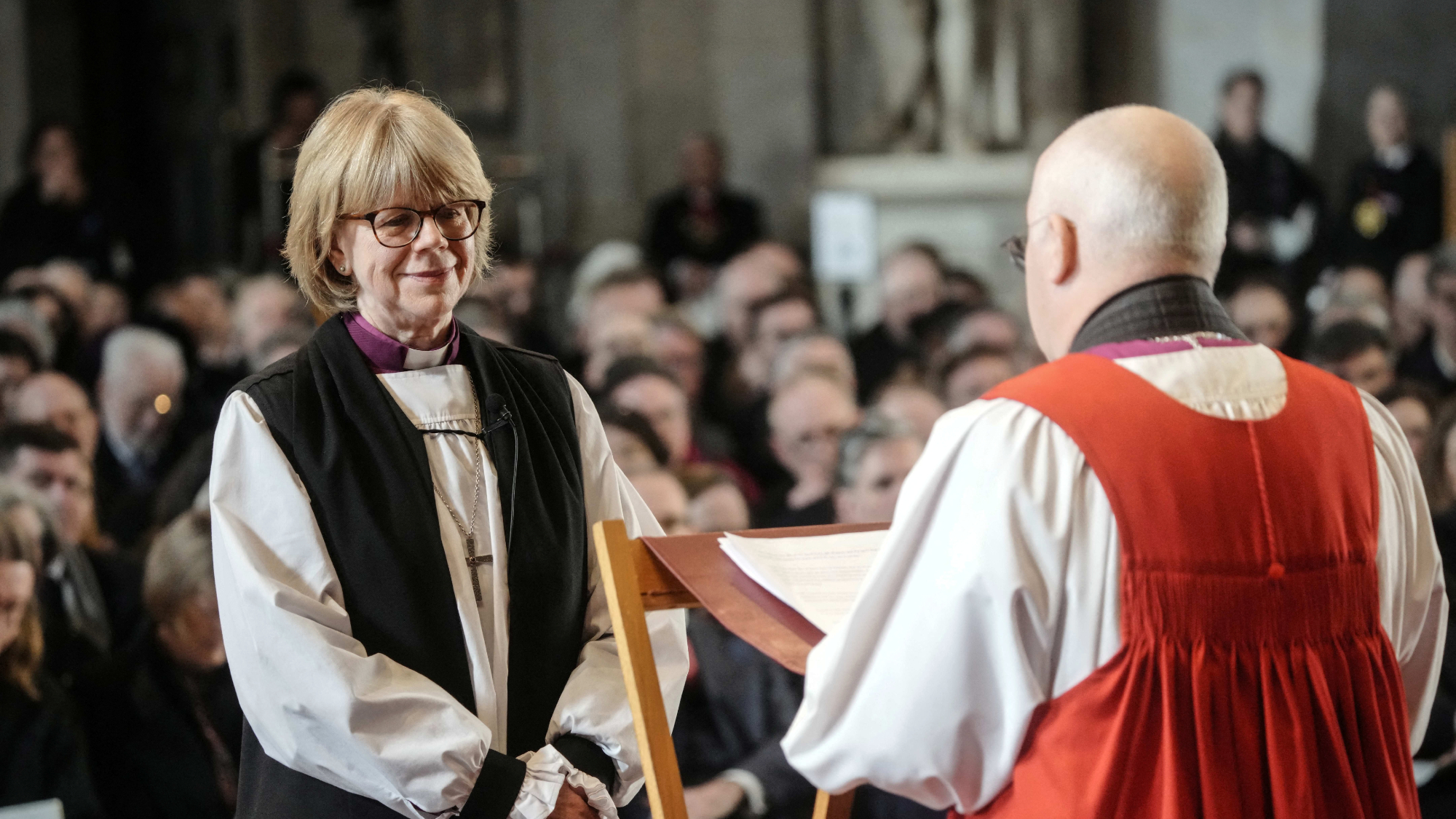 Church of England instates first woman leader
Church of England instates first woman leaderSpeed Read Sarah Mullally became the 106th Archbishop of Canterbury
-
 The UK’s supposed Christian revival
The UK’s supposed Christian revivalThe Explainer Research has shown that claims of increased church attendance, particularly among young people, ‘may be misleading’
-
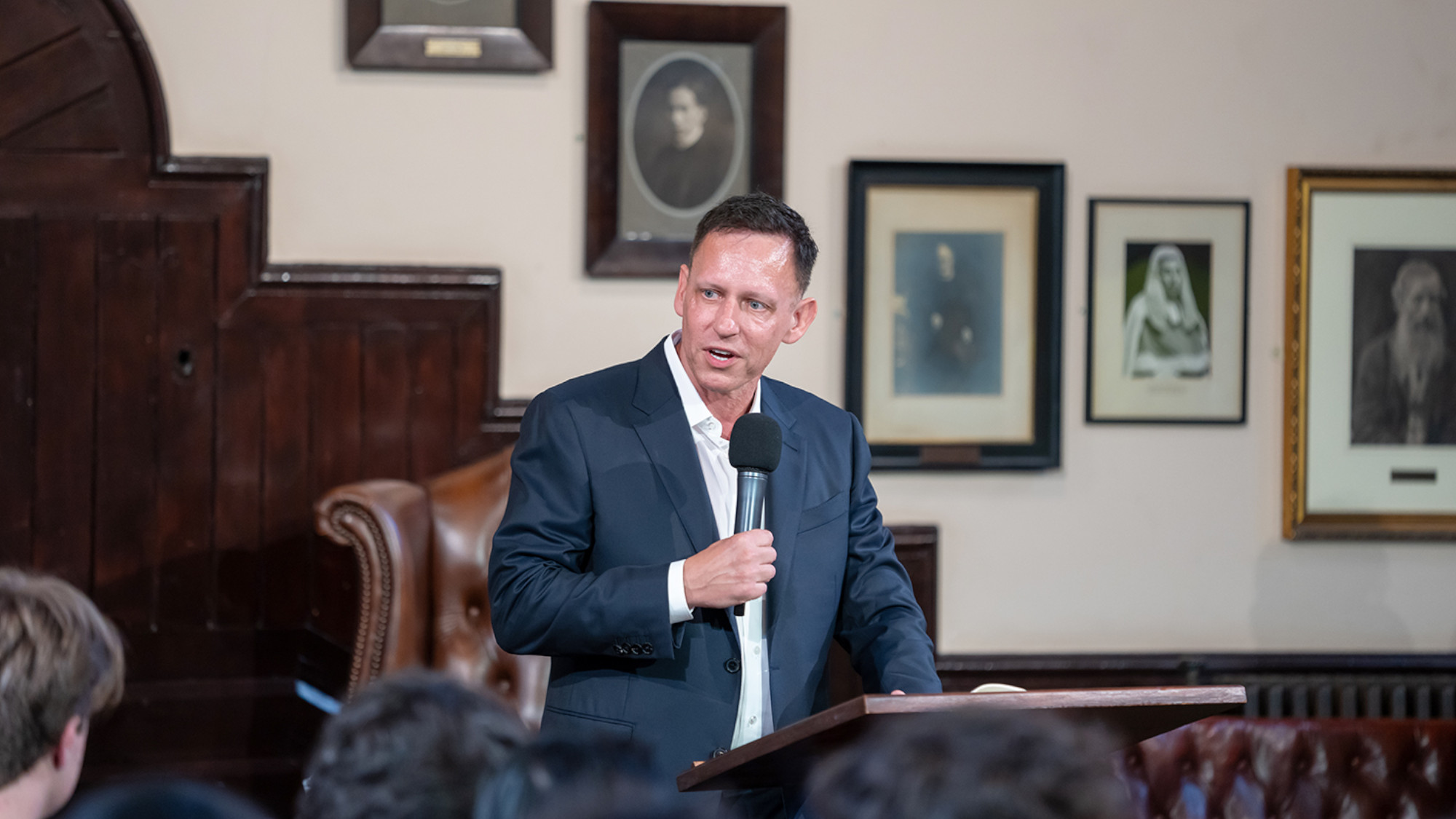 Religion: Thiel’s ‘Antichrist’ obsession
Religion: Thiel’s ‘Antichrist’ obsessionFeature Peter Thiel’s new lectures cast critics of tech and AI as “legionnaires of the Antichrist”
-
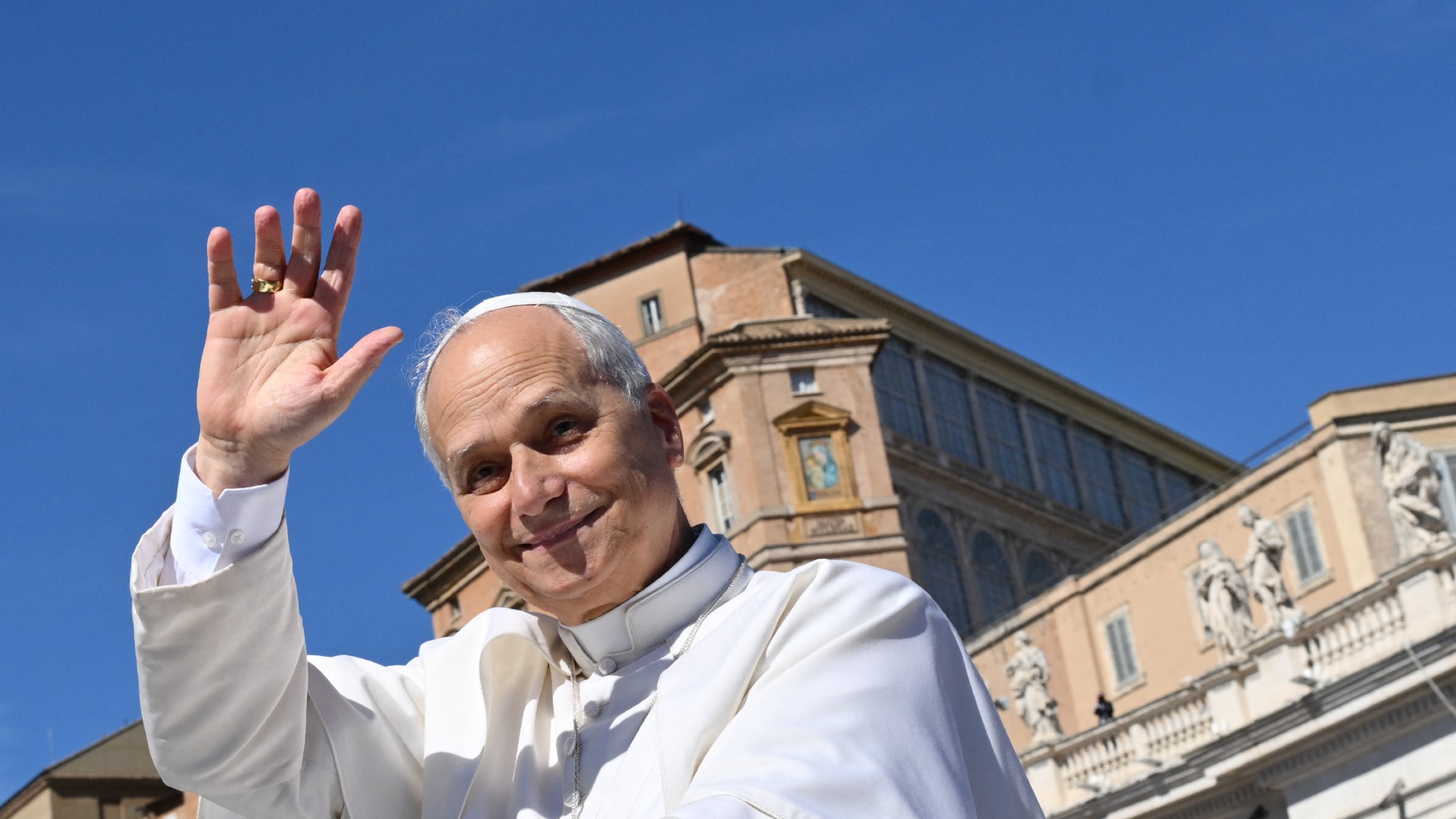 Pope Leo wants to change the Vatican’s murky finances
Pope Leo wants to change the Vatican’s murky financesThe Explainer Leo has been working to change some decisions made by his predecessor
-
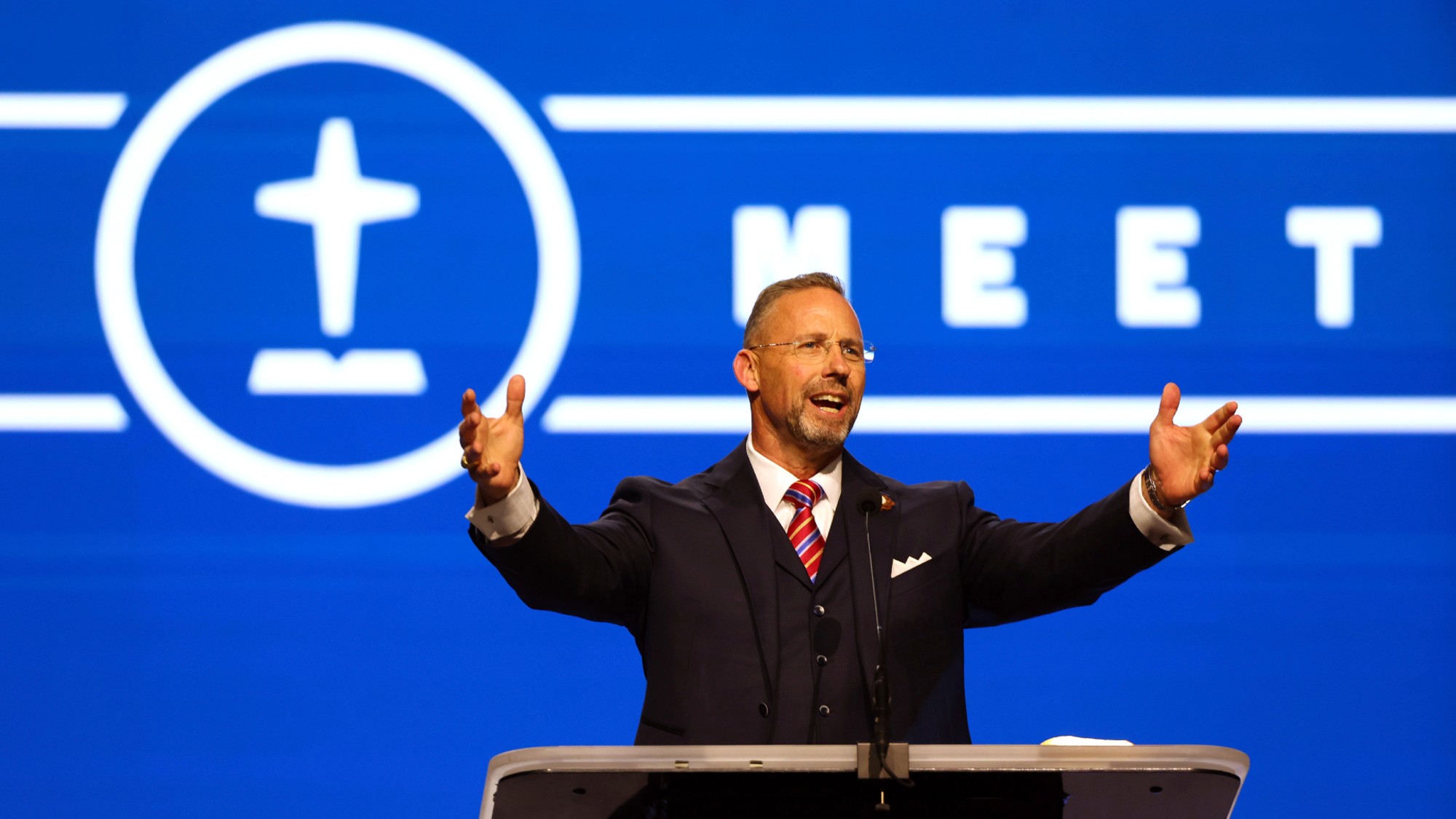 Southern Baptists lay out their political road map
Southern Baptists lay out their political road mapThe Explainer The Southern Baptist Convention held major votes on same-sex marriage, pornography and more
-
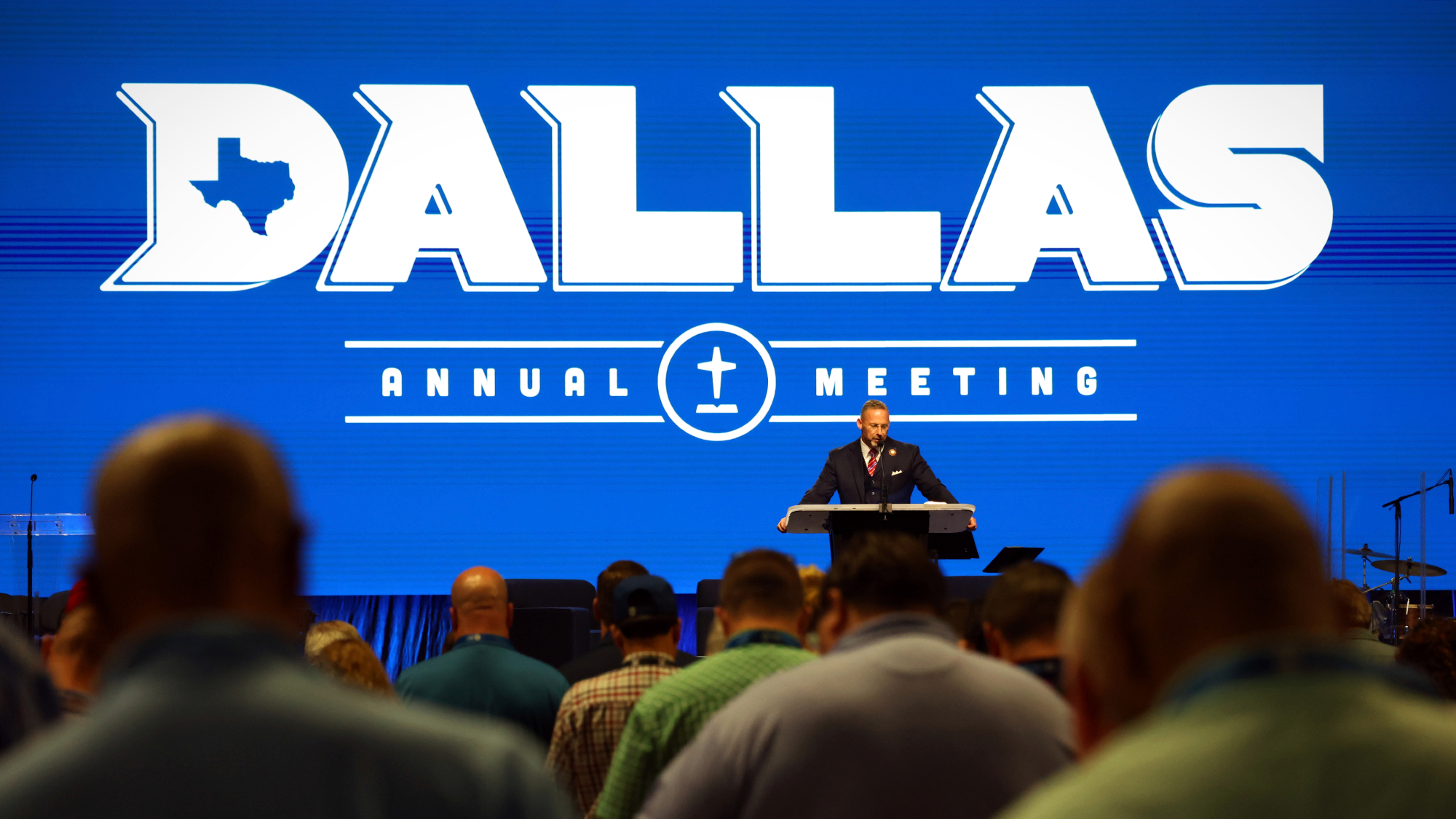 Southern Baptists endorse gay marriage ban
Southern Baptists endorse gay marriage banSpeed Read The largest US Protestant denomination voted to ban same-sex marriage and pornography at their national meeting
-
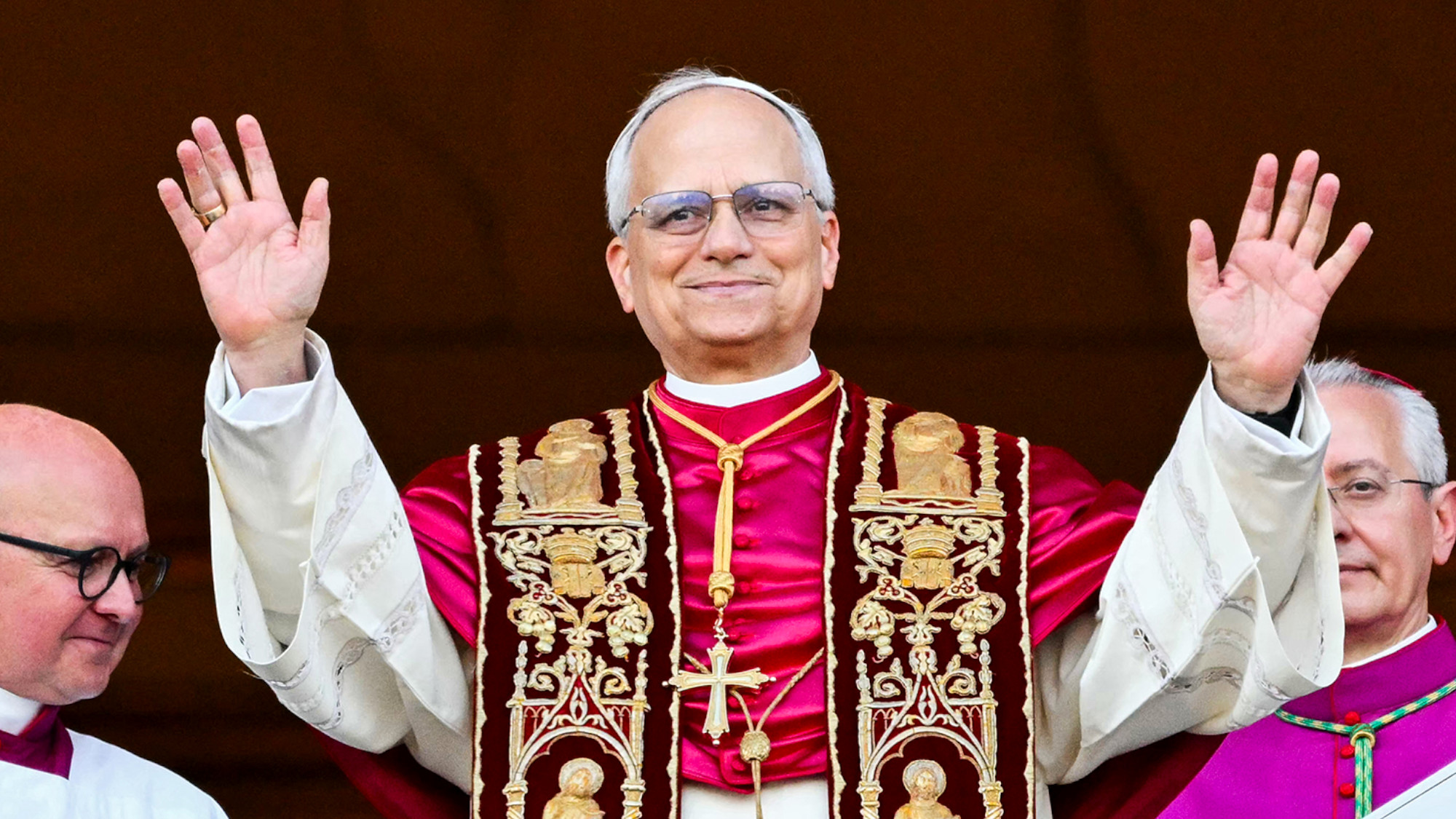 Leo XIV: What an American pope can teach America
Leo XIV: What an American pope can teach AmericaFeature Chicago-born Bob Prevost makes history by becoming the first American pope
-
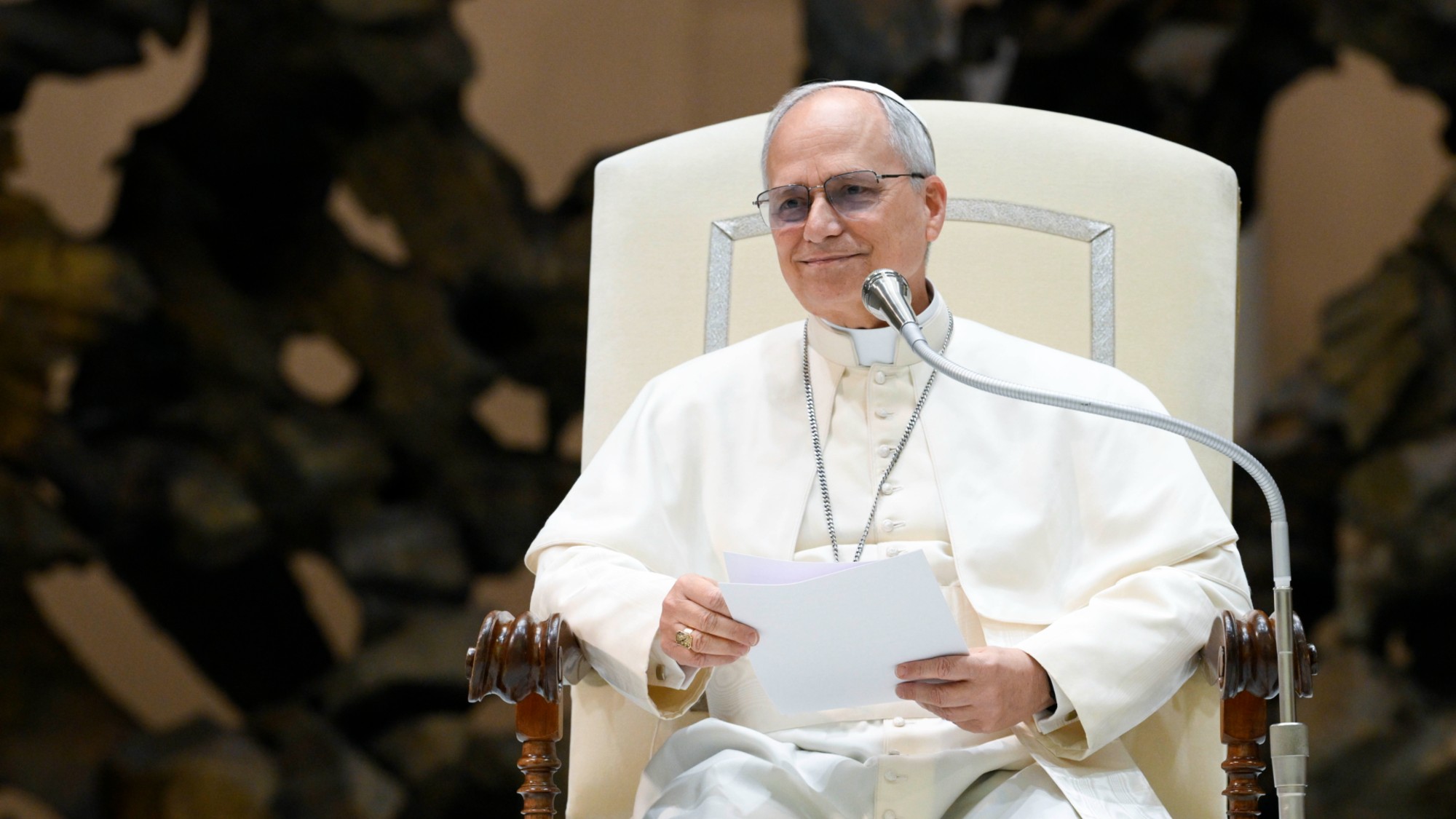 Where the new Pope Leo XIV stands on social issues
Where the new Pope Leo XIV stands on social issuesThe Explainer The first American pontiff is expected to continue some of his predecessor's work